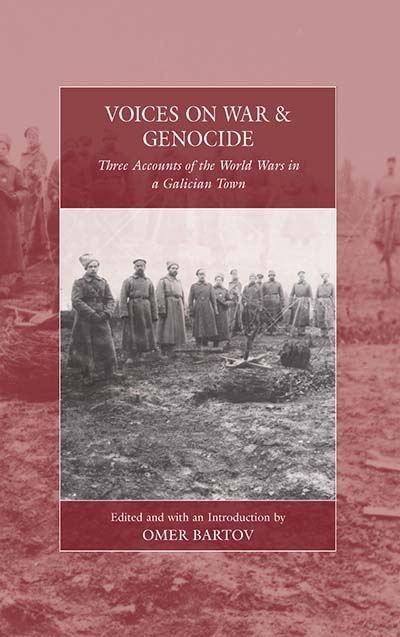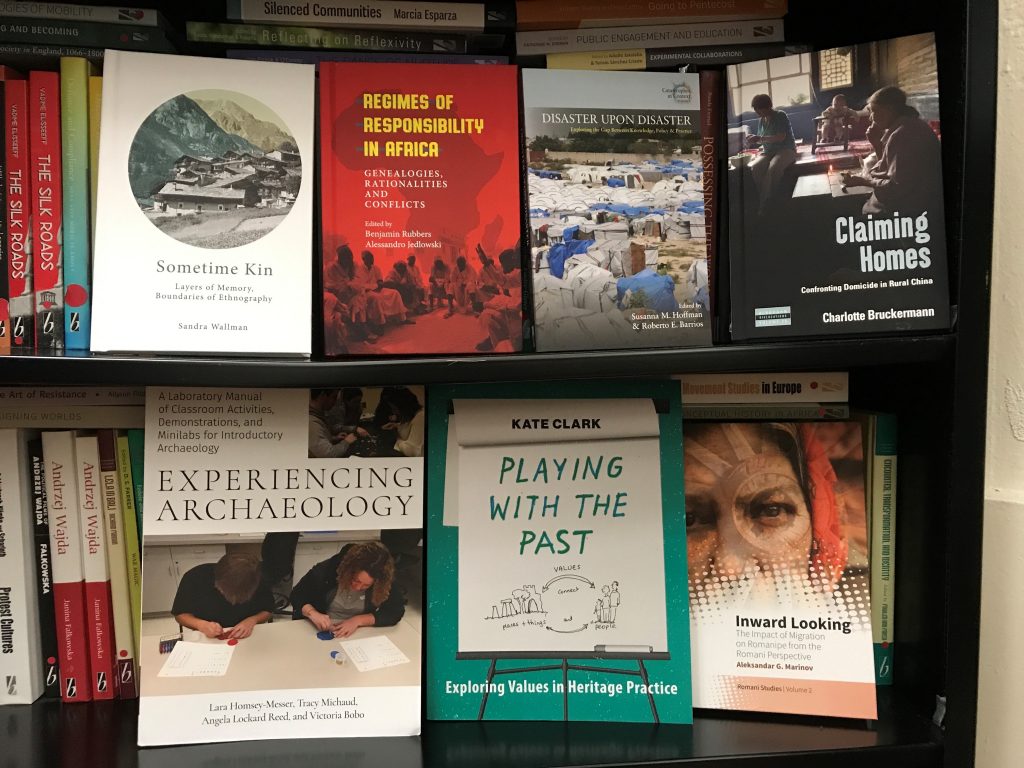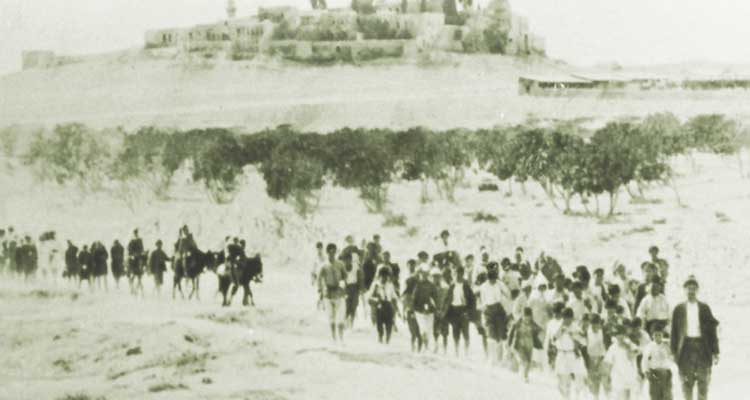Victory Day celebrated through Europe on 8 May 1945 to mark the formal acceptance by the Allies of World War II of Nazi Germany’s unconditional surrender of its armed forces marketing the end of World War II in Europe. Victory Day in Russia, as well as some former Soviet Union republics, is celebrated on May 9 as Germany’s surrender was signed late in the evening on May 8, 1945 when it was already May 9 in Russia. For most European nations, and especially for the Russian people, that war had a profound impact on national memory and its trauma is still very much alive.
In recognition of the day Berghahn is pleased to offer a selection of our WWII History books and relevant Berghahn Journals special issues (access to journals until May 16).
Please note that this year Berghahn Books turns 25 and to mark this important milestone, we are offering 25% off all print and eBooks throughout the site. For print titles, please add the coupon code BB25. For eBooks, the discount is automatic.
________________________________________________________________________
 In Paperback
In Paperback
EXPERIENCE AND MEMORY
The Second World War in Europe
Edited by Jörg Echternkamp and Stefan Martens
Volume 7, Contemporary European History
CHOICE OUTSTANDING ACADEMIC BOOK OF THE YEAR 2011
Continue reading “Victory Day to commemorate the end of WWII” →







 In Paperback
In Paperback